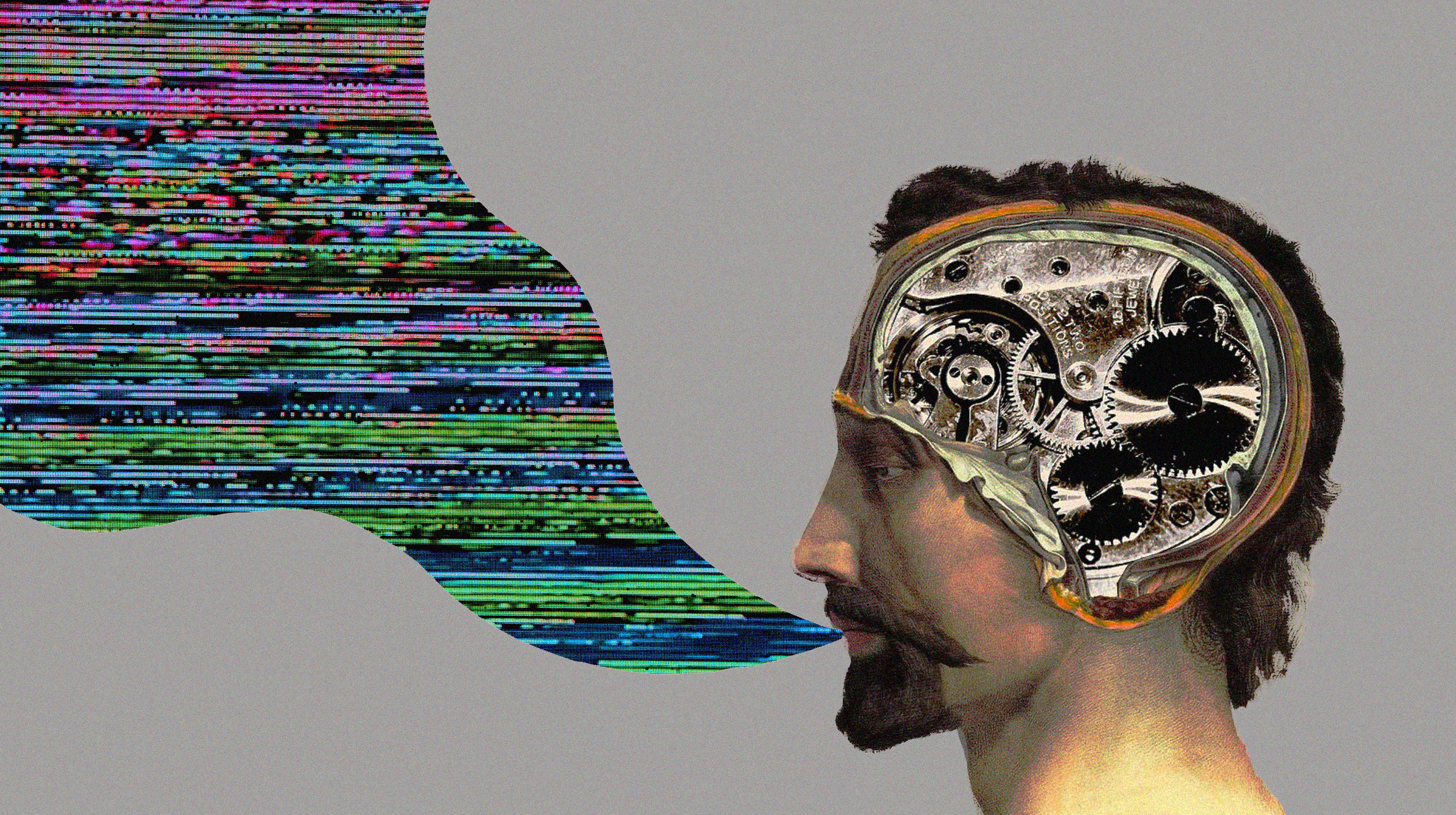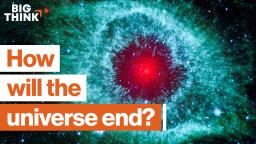physics
Starling flocks, schools of fish, and clouds of insects all agree.
A physicist creates an AI algorithm that predicts natural events and may prove the simulation hypothesis.
How does philosophy try to balance having free will with living in a deterministic universe?
A unique star system where exoplanets orbit their star backwards located by researchers.
A new study found the possible reason why some dwarf galaxies appear to not have dark matter.
Scientists with the the Dark Energy Spectroscopic Instrument (DESI) Legacy Imaging Surveys spent six years creating a detailed map of more than 1 billion galaxies.
Robot developers adapt the behavior of worm “blobs”.
Get the answer from two physicists who study black holes (albeit from a safe distance).
Inventions with revolutionary potential made by a mysterious aerospace engineer for the U.S. Navy come to light.
Researchers discover strange behavior in magnetars, ultra-powerful magnetic stars.
Researchers discover black holes that violate the uniqueness theorem and have “gravitational hair.”
Researchers devise a record-breaking laser transmission that avoids atmospheric interference.
Identifying primordial ripples would be key to understanding the conditions of the early universe.
Dr. Katie Mack explains what dark energy is and two ways it could one day destroy the universe.
▸
9 min
—
with
A new study explains how a chaotic region just outside a black hole’s event horizon might provide a virtually endless supply of energy.
To understand ourselves and our place in the universe, “we should have humility but also self-respect,” Frank Wilczek writes in a new book.
A new study proposes mysterious axions may be found in X-rays coming from a cluster of neutron stars.
Can computers do calculations in multiple universes? Scientists are working on it. Step into the world of quantum computing.
▸
12 min
—
with
University of Tokyo scientists observe predicted quantum biochemical effects on cells.
How close are we to human teleportation? Successes in quantum teleportation experiments abound.
What lies in store for humanity? Theoretical physicist Michio Kaku explains how different life will be for your descendants—and maybe your future self, if the timing works out.
▸
15 min
—
with
The expansion of the universe is speeding up—contrary to what many physicists expected. A “heat death” is coming, but it’s not what you think.
▸
7 min
—
with
Researchers from MIT invent a highly accurate clock using quantum entanglement that can lead to new physics.
New mathematics have shown that lines of energy can be used to describe the universe.
Researchers dramatically improve the accuracy of a number that connects fundamental forces.
Puerto Rico’s iconic telescope facilitated important scientific discoveries while inspiring young scientists and the public imagination.
A new study shows our planet is much closer to the supermassive black hole at the galaxy’s center than previously estimated.
Never made a turkey before? Don’t worry, science can help.
Scientists discover that under certain conditions two kinds of water exist.
A team of astrophysicists used AI to figure out which clusters of stars merged to become our galaxy.





























